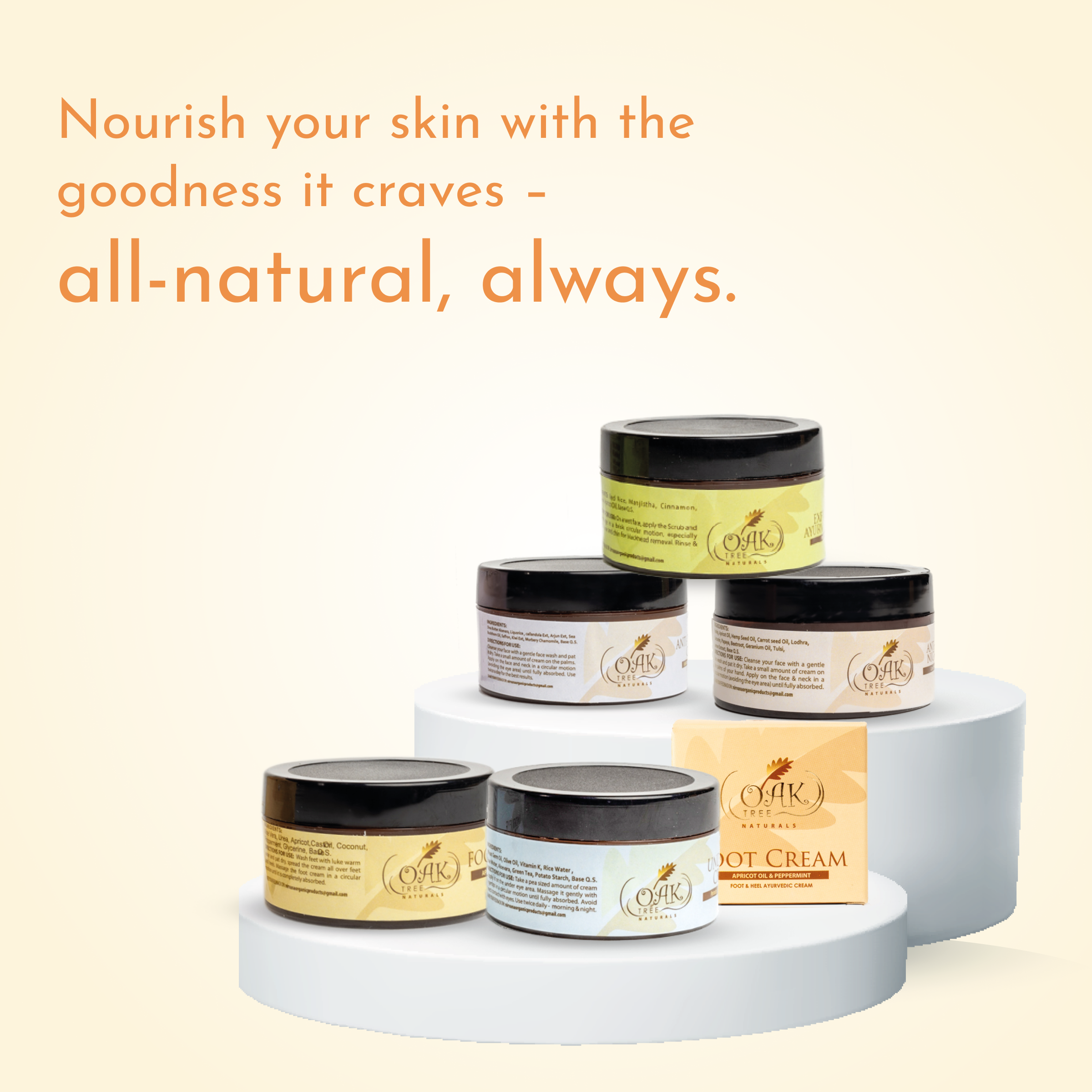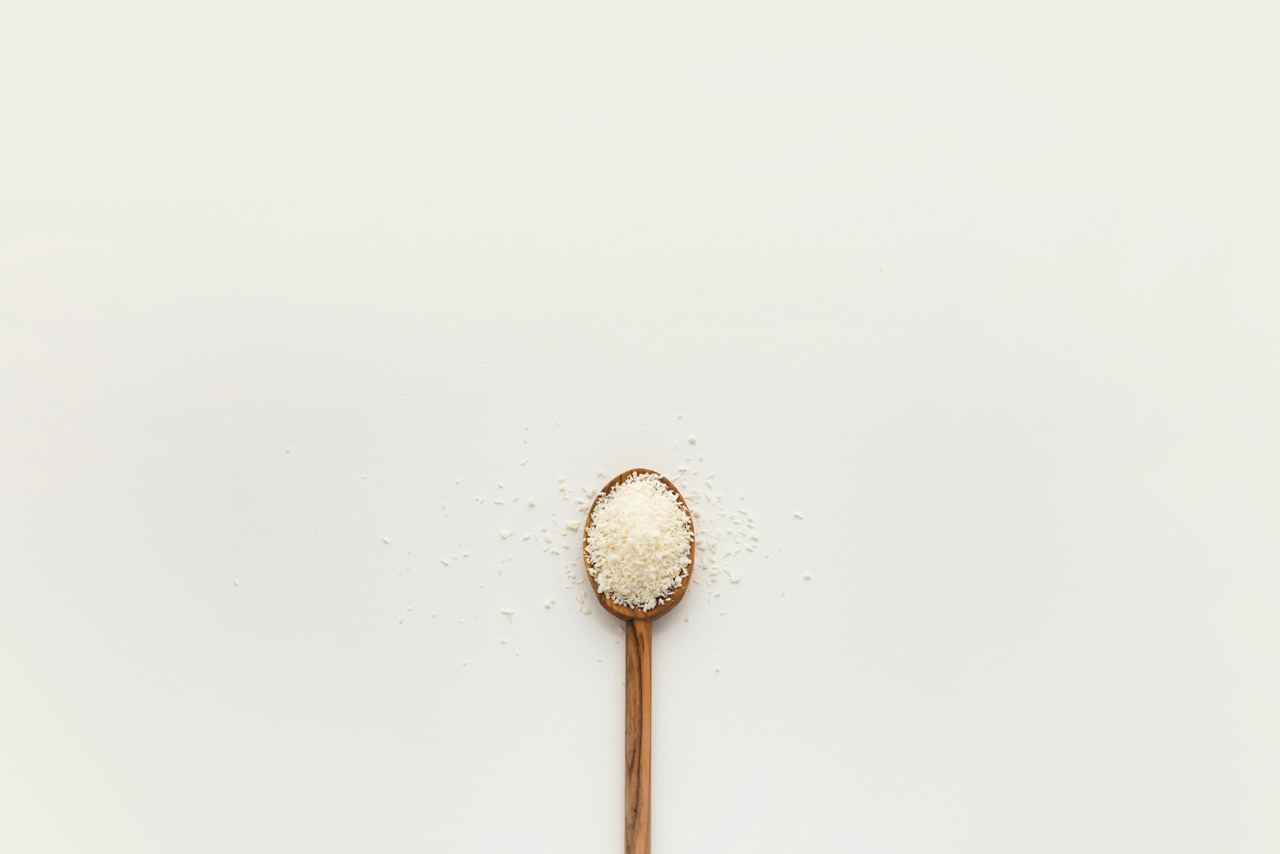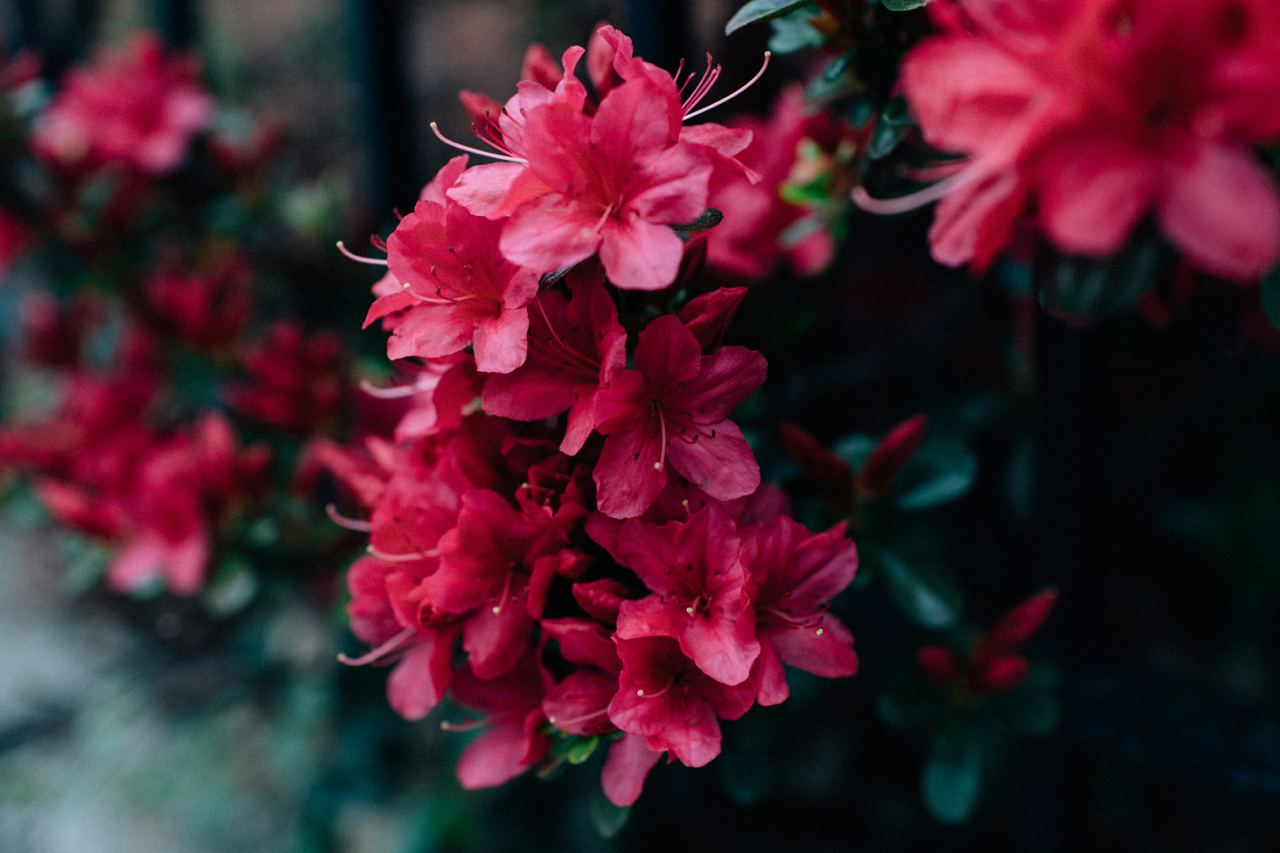Beyond the Label: Why Organic Rose Water Matters
Rose water is widely known for its uses in beauty treatments and for enhancing the flavor of food. It's made by steam distilling rose petals and can be prepared at home or bought from the market. Besides its cosmetic and medicinal applications, rose water is also used in religious rituals and to add a rose fragrance to many sweets and desserts.
However, not all rose water is created equal. Many commercial brands mislead customers by labeling chemically laden products as pure rose water. Consistently using impure rose water can worsen skin conditions, disrupt natural skin balance, and potentially lead to long-term dermatological issues.
Why Choose Organic Rose Water?
The demand for clean, effective, and environmentally friendly beauty products has increased, and pure rose water is celebrated for its hydrating and soothing properties. Using impure rose water can worsen skin conditions and disrupt natural skin balance.
Organic rose water helps balance skin pH, improves absorption of active ingredients, and provides hydration. It's free from synthetic pesticides and chemicals, organic rose water is safer for your skin and overall health.
Oak tree naturals prioritize ecological concerns, emphasizing sustainable practices and conservation while preparing rosewater. This approach underscores a commitment not only to personal well-being but also to the broader health of the planet.
How to Identify Real vs. Fake Rose Water
- Color: People think that its color will be red or pink like a rose. But, real rose water is colorless. Don't be fooled by colored rose water, it's a sign of additives.
- Fragrance: Genuine rose water has a delicate, natural rose fragrance. It shouldn't overpower your senses. Strong scents indicate added rose essence, which might irritate your skin.
- Alcohol Content: Real rose water does not contain alcohol. If your rose water seems to disappear quickly, it's probably fake.
- Production Method: Pure rose water is made through a process called distillation, essentially boiling rose petals. Look for brands that mention this method.
- Skip the Sticky Stuff: Pure rose water is made through a process called distillation, essentially boiling rose petals. Look for brands that mention this method.
- Check the ingredients list: Real rose water should have only one or two ingredients that is "rose water" or "rosa damascena water." A long list of ingredients is a red flag.
Embrace Clean and Natural Rosewater
At Oak Tree Naturals, we support the movement towards greener beauty with our Skincare formulas, providing 100% organic products that promote healthier skin and earth.




